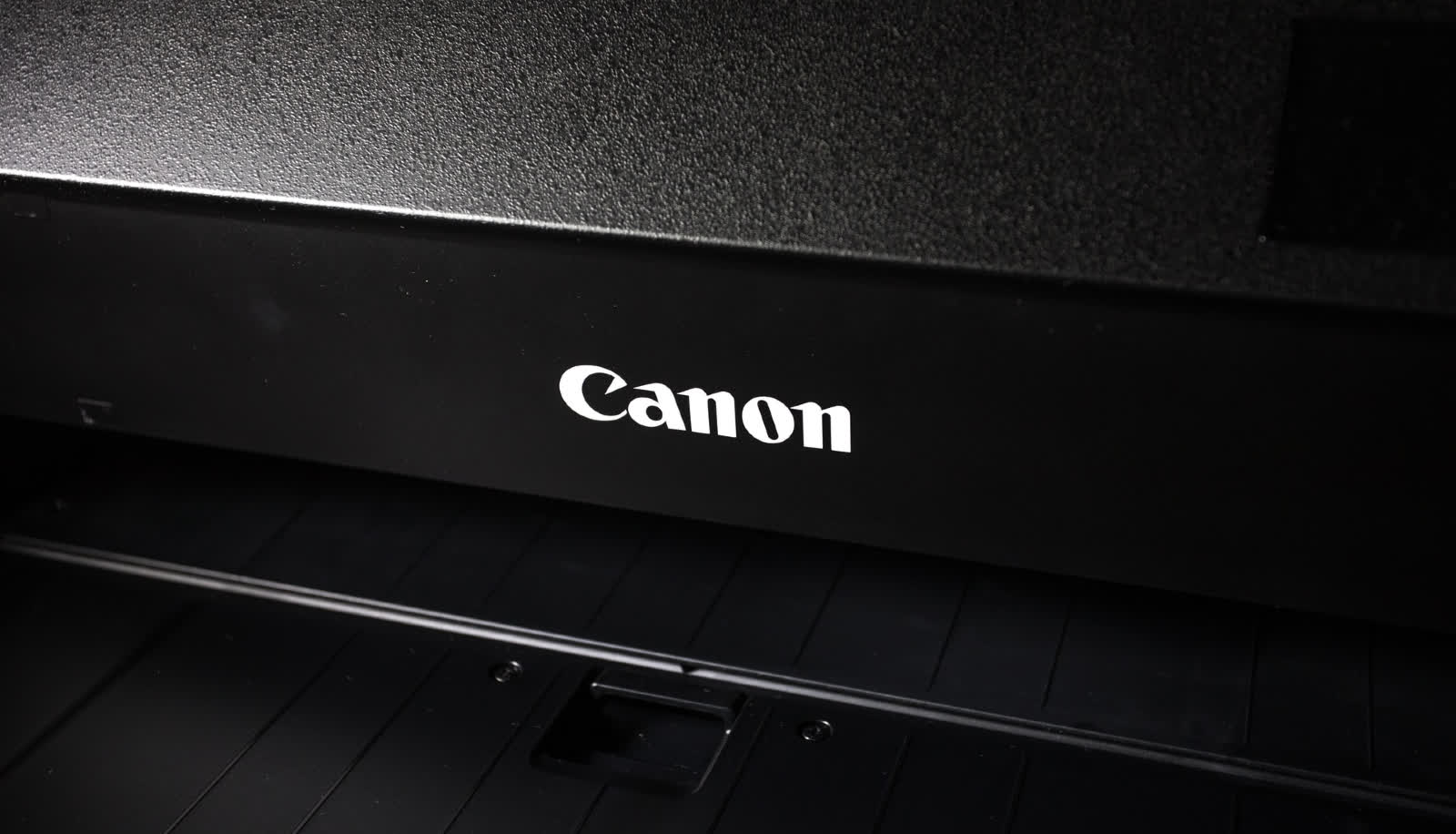Canon is being sued for not enabling consumers to use the scan or fax functions in multi-function devices if the ink runs out on some printer models. Canon is well known for making photography equipment and printers for business and household users. Canon USA is being sued as part of a class action lawsuit by David Leacraft, who claims the business engaged in misleading marketing and unjust enrichment practices.
Leacraft filed the case after learning that his Pixma MG2522 printer, which was touted as a “all-in-one” equipment, would not work as a scanner when the ink cartridges were low or empty. Furthermore, faxing functions would be disabled if some printers ran out of ink.
Of course, scanning and faxing documents do not require ink, therefore the complaint emphasizes that these services should work regardless of ink levels. As a result, the complaint, which includes over 100 class members, is seeking at least $5 million in damages.
Unjust enrichment is one of the alleged violations in the complaint; according to the lawsuit, Canon disabled these functions to maximize profits by selling replacement ink cartridges.
New York General Business Law 349 and 350, Canon breaking its express guarantees, and failing to disclose material facts are among the other alleged infractions stated in the complaint.
“As opposed to the “single function” printers it sells, Canon calls these multifunction devices a “3-in-1” or “4-in-1” for the fact they purportedly provide three or four functions. In truth, the All-in-One Printers do not scan or fax documents when the devices have low or empty ink cartridges (the “Design Issue”), and Canon’s advertising claims are false, misleading, and reasonably likely to deceive the public.
Canon does not represent or warn consumers that ink is a necessary component in order to scan or fax documents. As a result, consumers are forced to incur unexpected and unnecessary burden and expense in the form of ink purchases or in the alternative be unable to scan or fax documents using the so-called all-in-one device.
There is no reason or technical basis for manufacturing the All-in-One Printers with an ink level detection function that causes the scanner to stop functioning when ink is low or empty. Canon designed the All-in-One Printers in such a way to require consumers to maintain ink in their devices regardless of whether they intend to print. The result is an increase in ink sales from which Canon obtains significant profits.”

The complaint also includes proof of how inkjet printers are sold at or below cost, with corporations expecting to profit from ink cartridge sales.
“Charles LeCompte, head of Lyra Research, a market research firm in Newton, Massachusetts stated, “[t]he industry figured out years ago that once people buy a printer they are committed to it, so you can sell the printer at or below cost knowing they will buy the cartridges.”
According to a 2018 Consumer Reports article, inkjet printers are being sold at a low cost, with the expectation that companies would make their profit through sales of the ink cartridges needed for the functioning of the machines. “Most printers are sold at a loss. A manufacturer makes money NOT by selling consumers an inkjet or laser printer, but by selling the supplies needed to print.”
The issues have been detected since at least 2016, according to BleepingComputer. In order to use all of the printer’s functionality, support agents stated that ink cartridges must be placed in the machine and must contain ink.
“All ink tanks on the PIXMA MX710 must be installed and filled with ink. You risk damage the printer if you try to print with no ink or an empty ink cartridge “On the Canon forum, a support agent stated. This precise response was submitted in the case as proof.
According to the lawsuit, there are more than 20 models of all-in-one printers that have been uncovered so far. On Tuesday, a class action complaint was filed.
